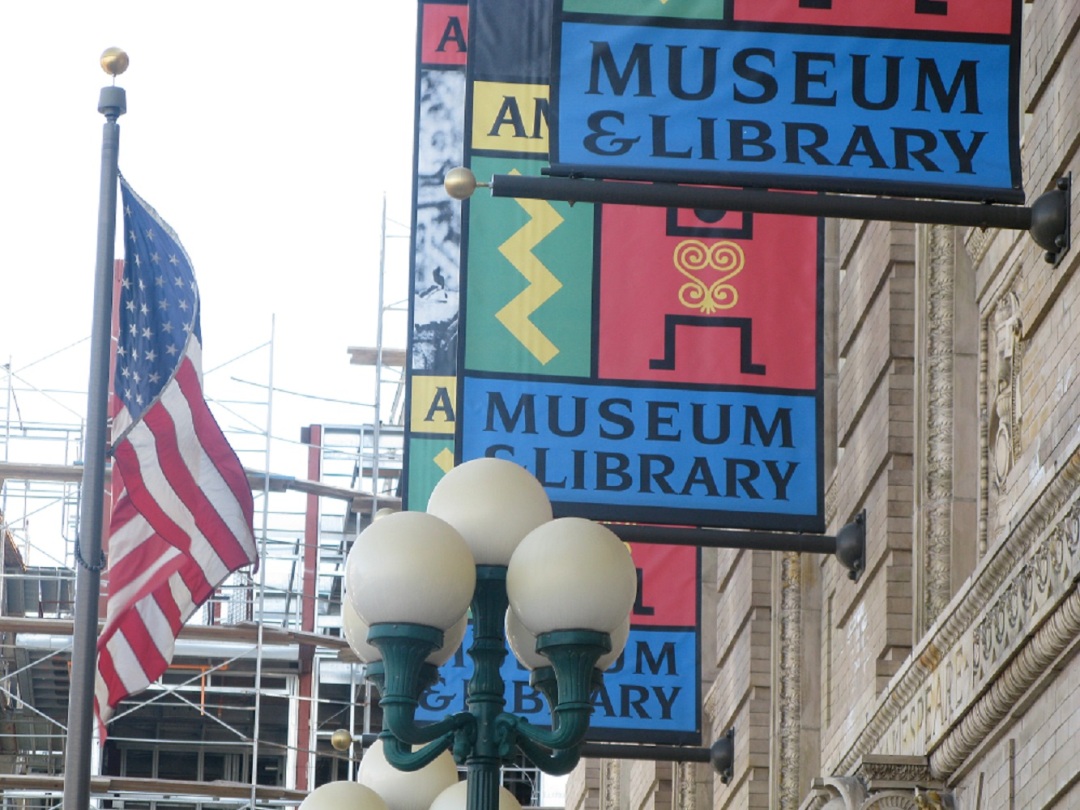For some, Christmas is the most wonderful time of the year; for others it may be Thanksgiving. But for me, it’s Black History Month! That wonderful time when libraries discuss (or not) contributions made by, you guessed it, Black people! This entry is part of a series in the Diversity and Inclusion Committee’s effort to acknowledge heritage months throughout the year. That said, it is my pleasure to introduce those whose contributions have benefited libraries.
Voice over Internet Protocol, Dr. Marian Rogers Croak
Dr. Croak is alive and thriving as Google’s Vice President of Engineering, and we use her technology whenever we speak virtually. When we use Zoom or Facetime we use Voice over Internet Protocol (VoIP), an innovation for which she holds over 100 patents.
The supercomputer, Dr. Philip Emeagwali
Every Science and Art librarian should be familiar with this invention. Mocked by his research team and dismissed from his doctoral program, Dr. Emeagwali worked independently to create the world’s most complex computer. The supercomputer made incalculable equations possible and is widely used in scientific research. Similarly, the supercomputer contributes to the field of visual effects which allows PIXAR, Disney, and other animation companies to constantly improve the look of their products.
Subject Headings, Dorothy Louise Porter Wesley, MS
The current climate of equity in subject headings highlights the inequity of history. Mrs. Porter-Wesley began this work in the 1930s when she expanded beyond the existing Dewey classification for African Americans, consisting of “slavery” or “foreigners.” She developed more accurate classifications that expanded subject headings for African Americans that showed them as well-rounded people. Her papers are held at the Yale University Beinecke Rare Book and Manuscript Library, and additional items are accessible in Founders Library at Howard University.
Children’s Books, Charlemae Hill Rollins
Mrs. Rollins reformed children’s literature through advocacy. She petitioned against the current state of children’s books that were filled with racist images depicting Black people with degrading images. She advocated for change and created a criteria to examine these resources. This excerpt of Mrs. Rollins’ guiding principles is taken from the Chicago Public Library blog:
Are the people portrayed in the book natural or real: or are they presented from a distorted point of view? Does the book set up standards of superiority or feelings of inferiority in the minds of the children who read it? Is the book free from derisive names and epithets that would offend?
Father of the Modern Personal Computer, Dr. Mark Dean
His study of the human brain and its processes led to the pioneering of the first gigahertz chip. Dr. Dean was awarded three of IBMs nine patents on personal computers and he developed a system that allowed for computer upgrades. While not as well known as Michael Dell or Bill Gates, his efforts in the 1980s transformed the modern day PC.
For more on African American Librarians
Check out the segment “Black Excellence in Librarianship” from the Youtube Channel Stacks & Facts in addition to an article from BookRiot titled “13 Pioneering Black American Librarians You Oughta Know.“
Natisha Harper serves Founders Library at Howard University as the Student Success Librarian. She has been in librarianship since 2011 and works to eradicate issues of inequality in libraries.
